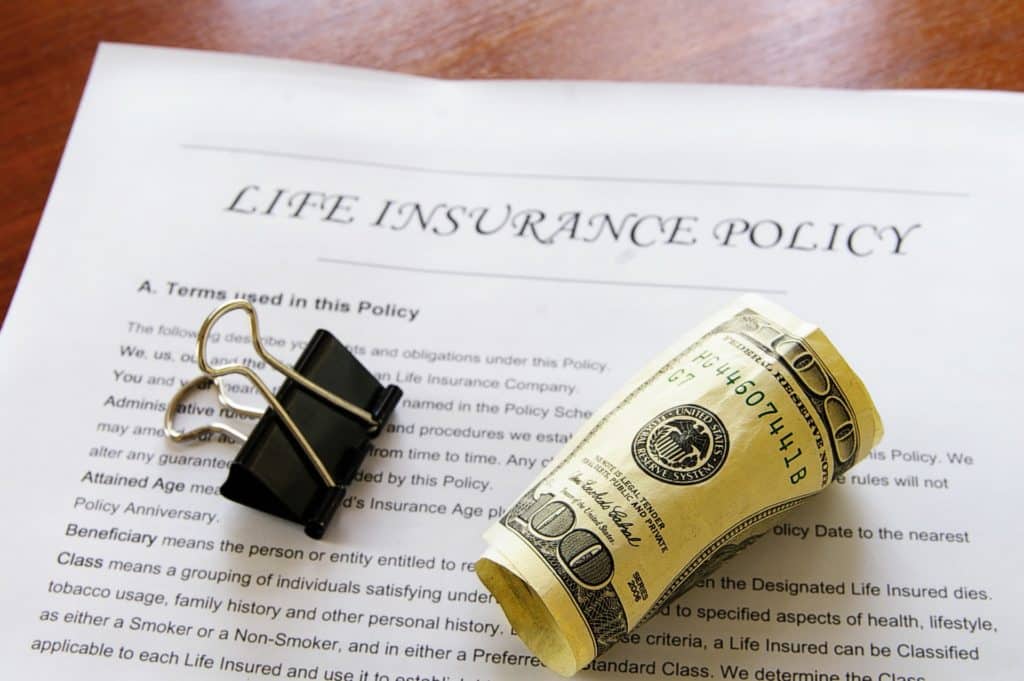Will My Children Fight Over My Estate?
My mom wants to leave her house to me, since I’m the only girl. My brothers may try and contest this in probate court. What can my mom do to be sure I receive ownership of the house upon her death?
Call us Anytime
Laurel, MD 20707
Downs Law Firm, P.C.
Home • Inheritance • Page 7
My mom wants to leave her house to me, since I’m the only girl. My brothers may try and contest this in probate court. What can my mom do to be sure I receive ownership of the house upon her death?

Why put off for tomorrow what you can do today? That adage might ring true for your family, as you try to figure out how to enjoy giving funds to your family today, while potentially saving your family money down the line.

Transfer on death (TOD) accounts (also known as Totten trusts, in-trust-for accounts and payable-on-death accounts) allow spouses to pass small estates in a simple, convenient way.
There’s a misperception that estate planning is only for the ultra-wealthy.

Wicked stepmothers are the stuff of Grimm’s fairy tales. Widowed stepmothers are the root of real-life inheritance wars.

I want to name a new executor. Who could I name as a backup?

Unlike personal property, real property–such as real estate or automobiles–is titled to convey ownership.

Preparing a will is one of the most important steps a parent can take to protect their family.
There are many kinds of trusts. They aren’t just for the wealthy. Our practice has featured the preparation of wills and trusts exclusively since 1995. In the intervening years, we have prepared thousands of each such plans, and now work extensively implementing them after a client has died. Our caseload is now about 45% administration of wills and/or trust. We are often asked by clients which is better. That depends on many factors. But Trusts seem like a much better choice often, after the time comes to use the planning. If maintained and funded, a trust can be more cost effective, private and easier to administer. On the other hand, I know many attorneys who scoff at the notion of using a trust for people who are not millionaires. Probate, they often assure, is not so bad. And is a trust necessary? Everyone needs an estate plan. However, everyone should also at least consider a trust, according to The New York Times in “Life After Death? Here’s Why You Should Have a Trust.”It turns out that many people who are not wealthy, can also benefit from having a trust. There are many different kinds of trusts which serve different purposes. One is a revocable trust, which the owner can change. They are considered by many to be the “work horse” of modern estate planning. A revocable trust can avoid the need for a public probate court proceeding after the person dies, saving time and keeping money from being immediately available to heirs and executors alike. Trusts are also useful for times when people become incapacitated and need someone else to take care of their finances. Because many more people are living longer and the number of people with dementia is increasing, there are more situations where trusts are useful to the family and caregivers. A will is different than a trust and is a public document. The probate process requires a disclosure of assets, bank and other financial accounts and the names of beneficiaries. That information remains private with a revocable trust. Other considerations regarding trusts: You should have any type of trust set up by an estate and trust attorney. A house, real property, bank or investment accounts can be placed into a trust. A revocable trust does not always end at the death of the original owner. However, just how long it may last, depends upon the laws of your state. People also use trusts to protect their assets from others or to assure the long-term care of someone who is disabled. You can have a professional manager, family member or friend as a trustee or co-trustee of a trust. Sometimes having a licensed professional who has federal reporting requirements can provide an extra layer of protection. An estate planning attorney can advise you on creating an estate plan that fits your unique circumstances and may include taking a close look at trusts. Reference: The New York Times (March 22, 2018) “Life After Death? Here’s Why You Should
Would you be generous? If yes, you’d be siding with the majority. I had a friend who won several million dollars in the Lottery. Yes, he did go to work when he was next scheduled to be there, but did something else first. He had created a button that he pinned to his shirt that simply read “Yes, and No”. If a lot of money should arrive unexpectedly through an inheritance, the lottery or some other windfall, the majority of Americans say they would be generous and share the wealth, according to the Financial Advisor in “In U.S., Instant Wealth Spawns Philanthropy Boom.” When asked what they’d do after sharing with family, friends and charities, one thousand people who took part in a survey from BMO Wealth Management in Chicago knew exactly what they’d do: A total of 51% said they’d pay off their debts after sharing the wealth. After that, they’d invest in the stock market, buy a business or purchase some real estate (49%). They also said they would keep their financial goals basically the same (43%). A total of 22% said they’d buy big ticket items, and only 18% said they would splurge and go on a wild spending spree. Their main concern for their estate and legacy would be helping others, learning how to create a legacy with their windfall and avoiding family conflict over the money. More than a third of those surveyed (36%) said that a big concern would be to have some help with investment and retirement planning. That was followed by concerns of how this new money would impact their retirement plans, and equally concerning, how they would know who to trust now that they were in a position of wealth. They also said they would have to decide whether to work and wondered if the new wealth would cause any stress. Anyone who receives a large amount of money with no prior notice, faces a challenge with their new-found wealth. People who win large amounts in the lottery, for instance, are often ill-equipped to manage the money. They need help getting their money managed, so that the cash does not overwhelm them—or evaporate. Today’s new-found wealth doesn’t just come from lottery winnings. With the transfer of wealth between the Boomer generation to their children surpassing the amount of money transferred from the “Greatest Generation” to the Boomers, estimated at $12 trillion, the next few years will see a huge transfer of wealth from one generation to another. Without proper advice, many people go through such funds very quickly. Reference: Financial Advisor (Dec. 10, 2018) “In U.S., Instant Wealth Spawns Philanthropy Boom”